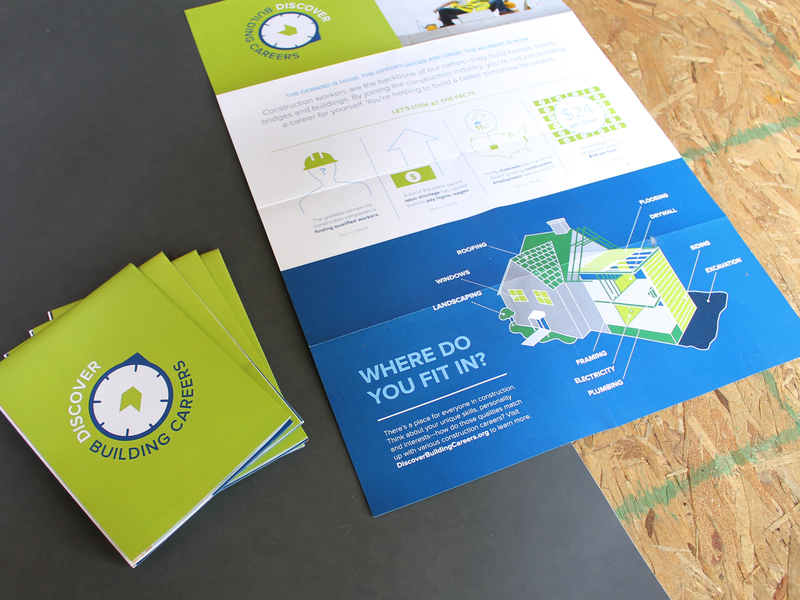The career atlas
Free download. Book file PDF easily for everyone and every device. You can download and read online The career atlas file PDF Book only if you are registered here. And also you can download or read online all Book PDF file that related with The career atlas book. Happy reading The career atlas Bookeveryone. Download file Free Book PDF The career atlas at Complete PDF Library. This Book have some digital formats such us :paperbook, ebook, kindle, epub, fb2 and another formats. Here is The CompletePDF Book Library. It's free to register here to get Book file PDF The career atlas Pocket Guide.
If you are interested in particle physics, you probably hear a lot about the huge amount of data that is recorded by experiments like ATLAS. But where does this data come from?
Each division is dedicated to the reportage of international affairs through fast, innovative and decentralized journalism. What happens in the day-to-day life of people in the ATLAS control room, who are responsible for keeping all that great data coming? Views Total views. Am I qualified to work in another field, if I wish to? Do you want to know more about Atlas Professionals and their career opportunities? About Us Submissions Careers.
But what happens in between? What happens in the day-to-day life of people in the ATLAS control room, who are responsible for keeping all that great data coming?
Am I going to dedicate my entire life to high-energy physics? Am I qualified to work in another field, if I wish to? These are questions we may ask ourselves as we near the end of a contract. I loved building and repairing experiments or things.
- career | ATLAS Experiment at CERN?
- Decoding the Heavens: A 2,000-Year-Old Computer--and the Century-Long Search to Discover Its Secrets.
- Russian Business Power: The Role of Russian Business in Foreign and Security Relations (Routledge Transnational Crime and Corruption).
- Careers | Atlas Institute for International Affairs?
- Man Up!: 367 Classic Skills for the Modern Guy.
For many students, summer means sun and beach volleyball. During these three months they alternate between lectures and work, always supported by their supervisors.
Take your career to new heights
Here are some of their stories. Women play key roles in the ATLAS Collaboration: from young physicists at the start of their careers to analysis group leaders and spokespersons of the collaboration.

We have been waiting for beams to be injected into the machine since the early hours of the afternoon, but without much success so far. Just a regular day for the most ambitious particle accelerator mankind has ever built, but a pretty boring afternoon for our entire shift crew.
An obligatory eye scan is required for all ATLAS underground personnel entering the experimental cavern. A captive audience, comprised of more than participants, was drawn into a series of diverse and illuminating presentations see the Indico page of the event , where former members of the LHC collaborations elaborated on their post-CERN professional experiences in a varied range of fields, the challenges they had met and advice on how to overcome them.

The speakers were joined by additional LHC collaboration alumni for lively panel discussions at two points during the event. Audience members were given the opportunity to ask questions not only following the presentations and during the panel discussions, but also during the networking breaks. Participants commented that the broad range of speakers and the experiences they reported served to demystify the path towards a possible leap from academia, whilst the vast majority of speakers added that they felt they would have greatly benefited from participating in such an event during their time at CERN.
Thanks to the positive feedback from the participants, the organisational team is pleased to announce its return in We look forward to seeing you then!